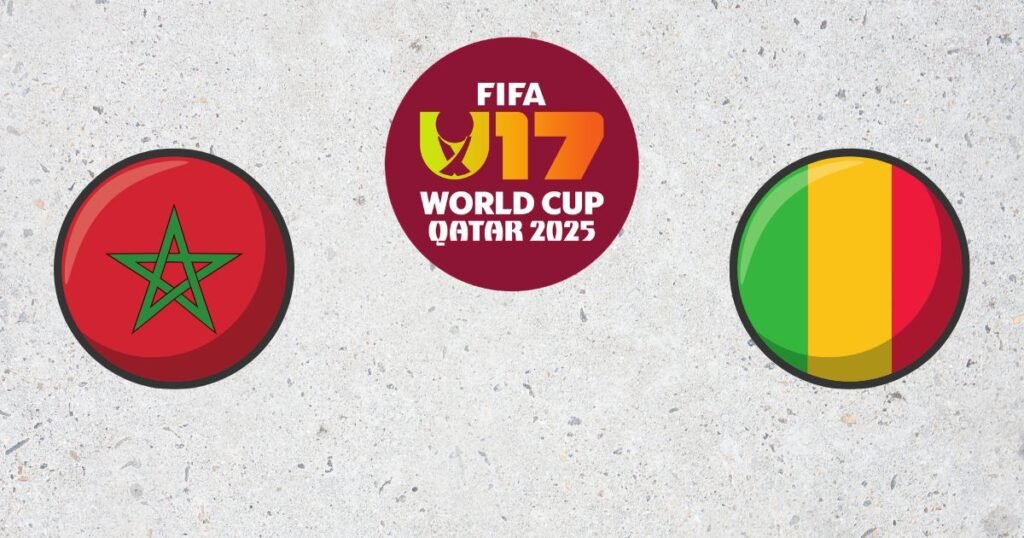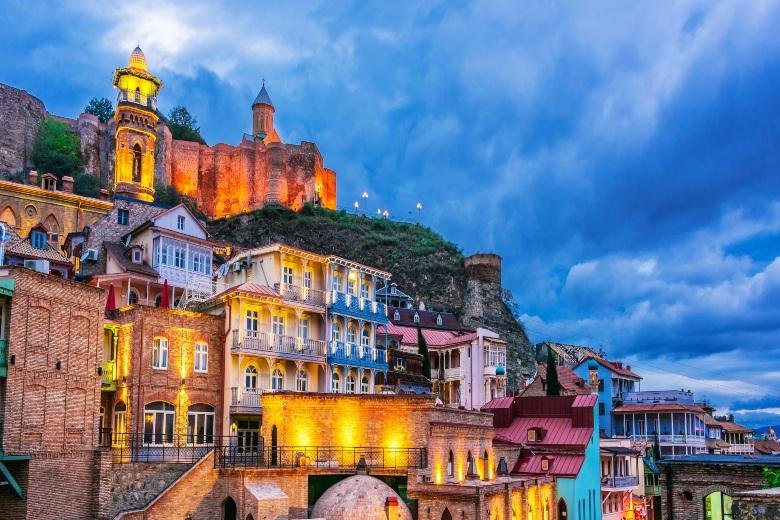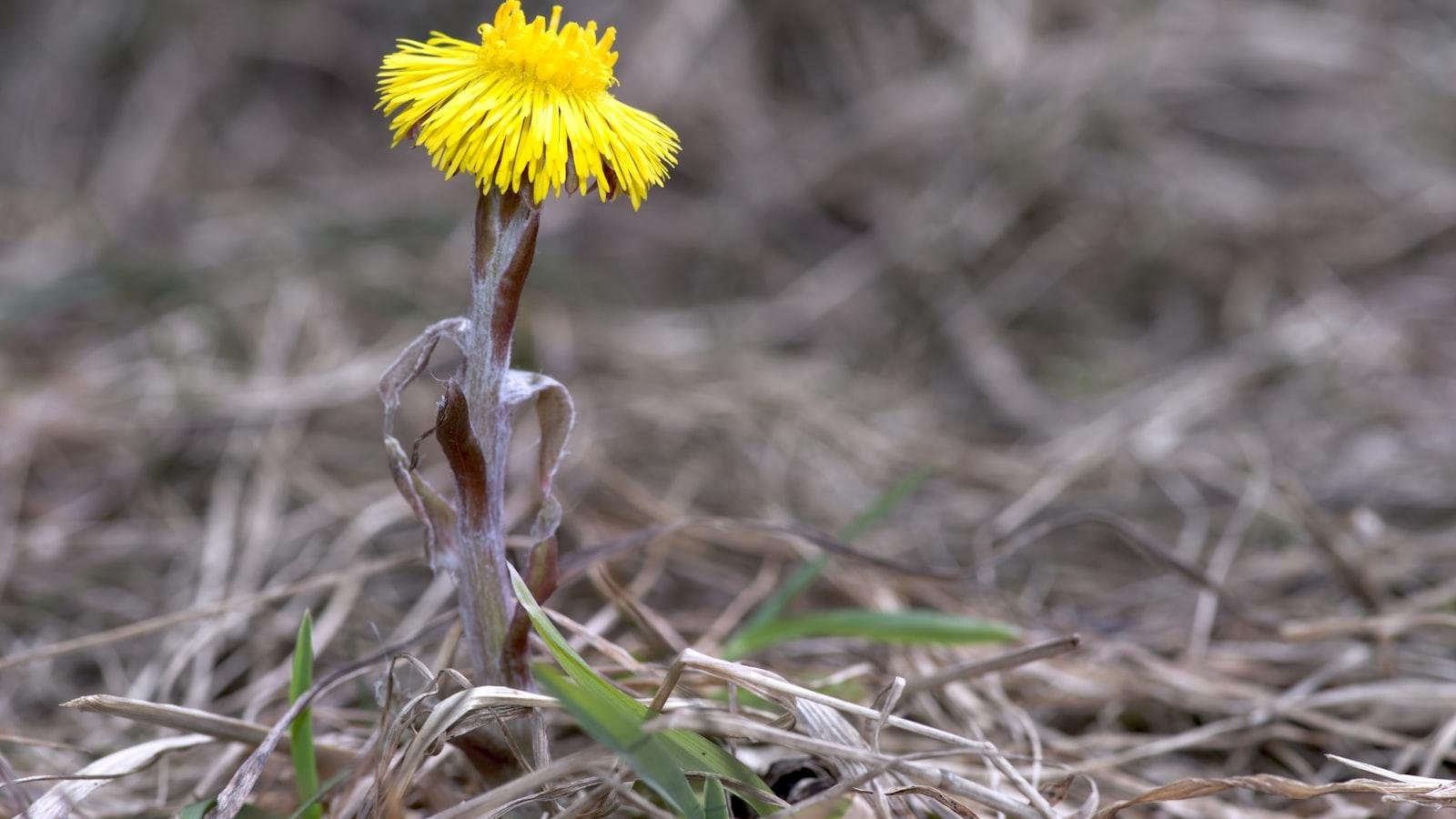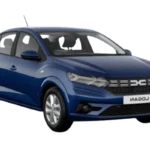Now Reading: Equatorial Guinea
- 01
Equatorial Guinea
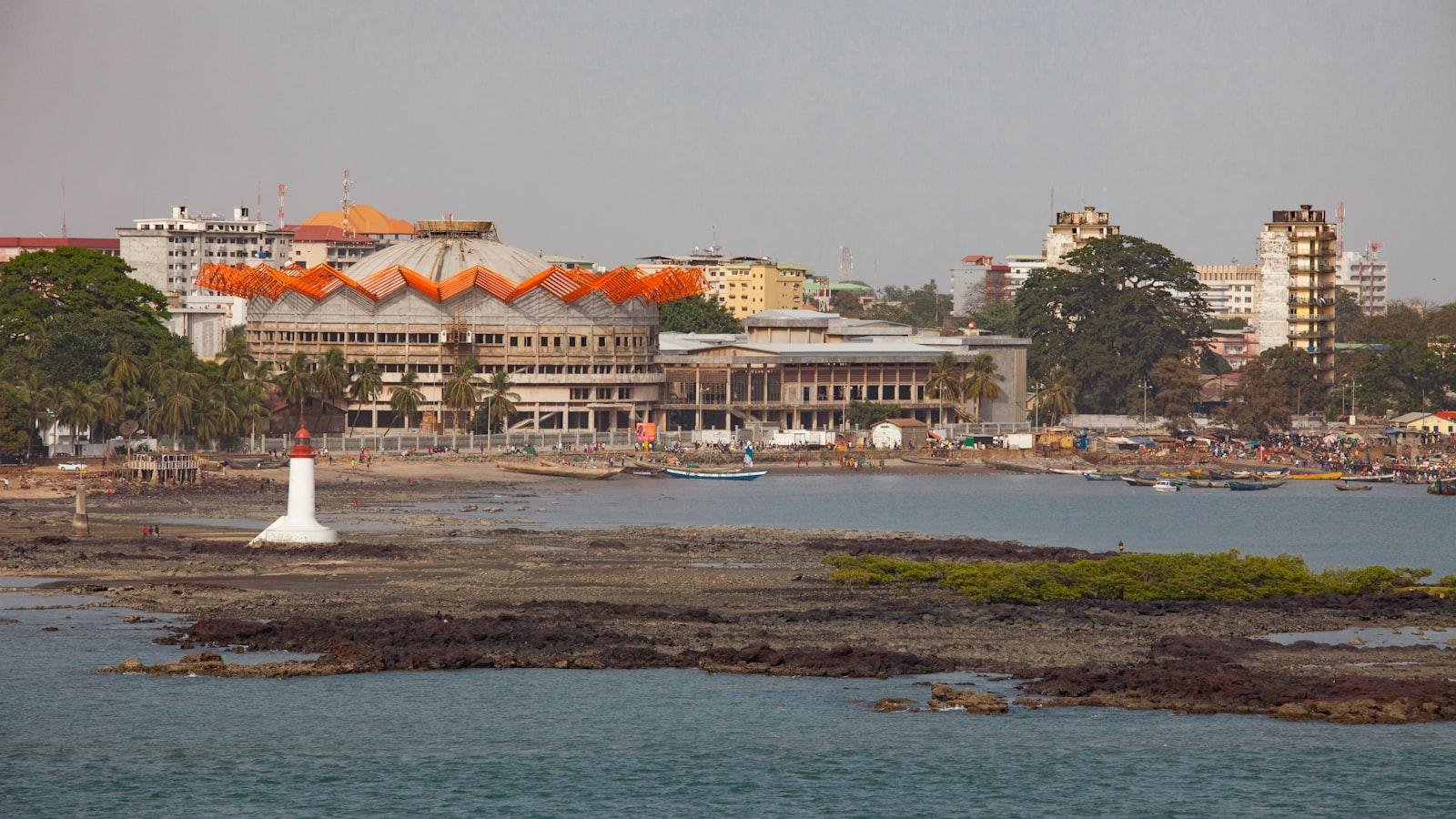
Equatorial Guinea
Equatorial Guinea, located on the west coast of Central Africa, is a small yet culturally rich country with a diverse population and stunning natural landscapes. With a unique history shaped by colonialism and political changes, Equatorial Guinea offers a fascinating blend of traditional and modern influences. In this article, we will delve into the history, culture, and attractions of this enigmatic nation to provide a comprehensive overview of what makes Equatorial Guinea a truly unique destination.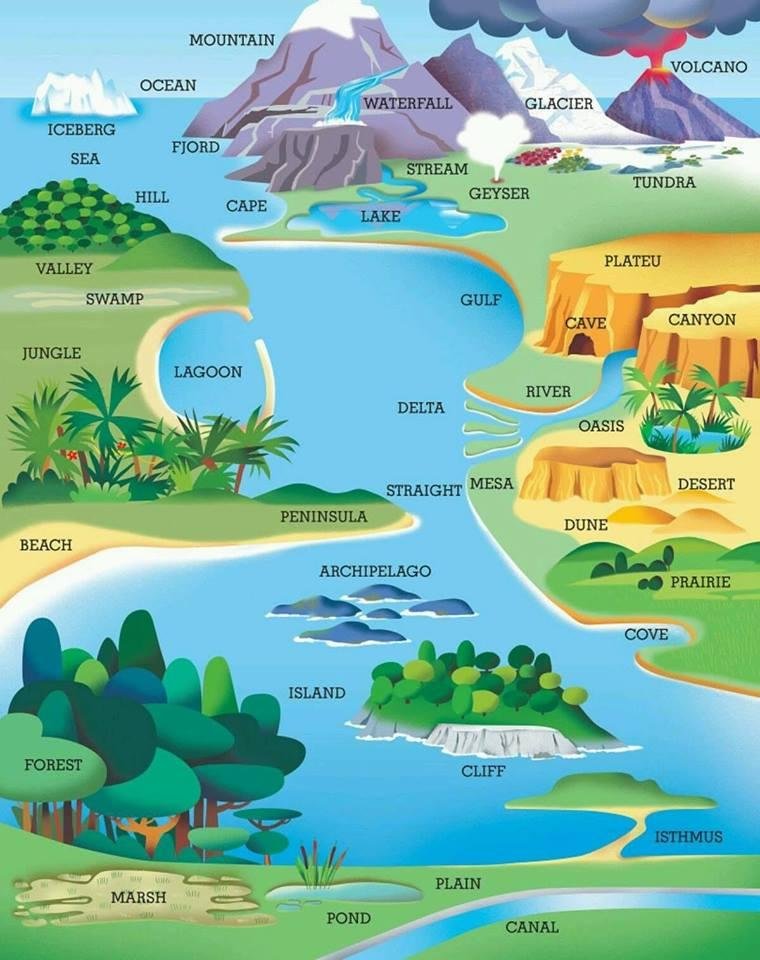
Geographical Overview of Equatorial Guinea
Equatorial Guinea is a small country located on the west coast of Central Africa. It is bordered by Cameroon to the north and Gabon to the south and east. The country is divided into two regions: the mainland region known as Rio Muni, and the insular region which consists of several islands, the largest of which is Bioko.
The climate in Equatorial Guinea is typically tropical with high humidity and rainfall throughout the year. The country’s terrain is characterized by dense rainforests, mangrove swamps, and coastal plains. Mount Cameroon, an active volcano, is also located near the border between Equatorial Guinea and Cameroon. The country’s economy is heavily reliant on oil production, which has led to rapid economic growth in recent years.
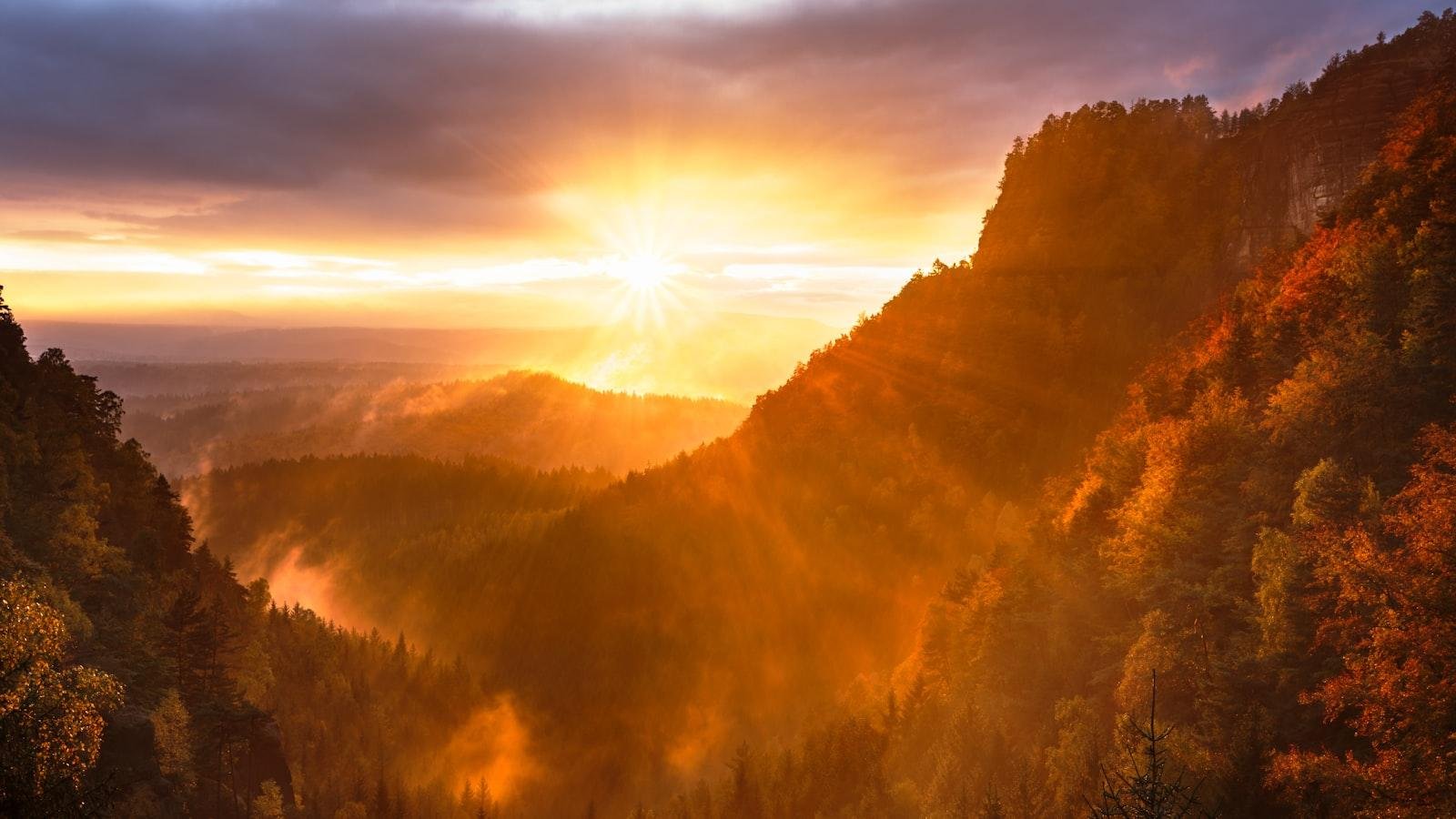
Economic Landscape and Challenges in Equatorial Guinea
The economic landscape of Equatorial Guinea is shaped by its oil-rich resources, making it one of the wealthiest countries in Africa. With a GDP per capita that ranks among the highest on the continent, the country has experienced rapid growth and development in recent years. However, this economic growth is heavily dependent on oil exports, leaving the country vulnerable to fluctuations in global oil prices.
Despite its wealth, Equatorial Guinea faces several challenges in achieving sustainable economic development. The country suffers from high levels of income inequality, with a significant portion of the population living in poverty. In addition, there is a lack of economic diversification, as the oil sector dominates the economy, leaving other sectors underdeveloped. Addressing these challenges will be crucial for Equatorial Guinea to ensure long-term economic stability and growth.
Cultural Diversity and Traditions in Equatorial Guinea
In Equatorial Guinea, cultural diversity is a significant aspect of the country’s identity. The nation is home to a variety of ethnic groups, each with its own unique traditions, languages, and customs. The largest ethnic groups in Equatorial Guinea include the Fang, Bubi, and Ndowe people, each contributing to the country’s rich cultural tapestry.
The traditions in Equatorial Guinea are as diverse as its people. From traditional dances like the Ekang and Balélé, to unique art forms such as intricate wood carvings and colorful textiles, the country’s cultural heritage is vibrant and captivating. Additionally, the country celebrates various festivals throughout the year, such as the National Day of Equatorial Guinea and the International Jazz Festival, showcasing the dynamic blend of traditions and influences in this West African nation.
Tourist Attractions and Must-Visit Destinations in Equatorial Guinea
Equatorial Guinea is a hidden gem in Central Africa, boasting a variety of tourist attractions and must-visit destinations for travelers seeking a unique experience. Mbini Beach is a popular spot for those looking to relax and soak up the sun on pristine white sands. Visitors can also explore the vibrant markets and bustling streets of Malabo, the capital city, for a taste of local culture and cuisine.
For nature lovers, the Rio Muni Rainforest offers a chance to discover diverse wildlife and lush greenery on guided tours. Adventure seekers can hike to the top of the Pico Basile volcano for stunning panoramic views of the surrounding landscapes. With its rich history, stunning landscapes, and welcoming locals, Equatorial Guinea is a destination worth exploring.
In Retrospect
In conclusion, Equatorial Guinea is a small but diverse country located on the west coast of Africa. With its unique blend of cultures, stunning landscapes, and abundant natural resources, it is a country worth exploring. From the bustling capital city of Malabo to the pristine beaches of Bioko Island, there is something for everyone to enjoy in Equatorial Guinea. Whether you are a history buff, nature lover, or simply seeking a new adventure, this country has something to offer. So, next time you are planning a trip to Africa, consider adding Equatorial Guinea to your itinerary. You won’t be disappointed.

